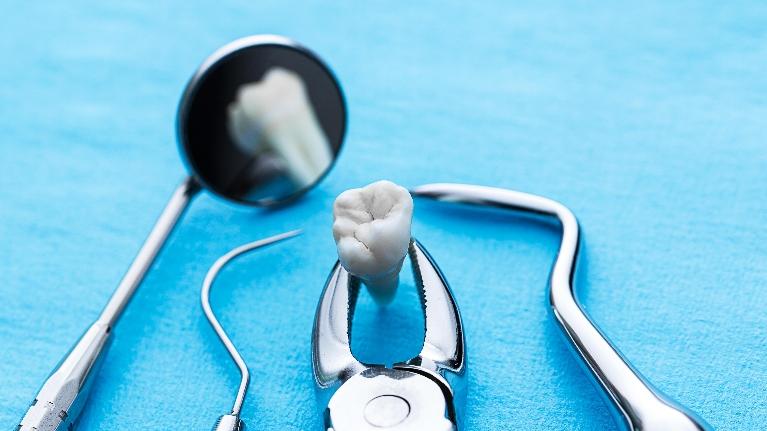
Have you ever wondered where dentists come from or how dental care developed in the ancient world? Dentistry wasn’t always clinical in nature and has faced many evolutionary changes, making your treatment more precise and more comfortable.
The man often recognized as the first dentist in history was Hesy-Re, an ancient Egyptian in 2600 BC. His tomb even carried an inscription commending his work as a “tooth doctor.”
When it comes to identifying growth patterns of teeth, we can fast-forward two thousand years to the work or Aristotle and Hippocrates. They created a chart identifying when to expect the eruption of primary and secondary teeth.
In 100 BC, a scientist named Celcus wrote of the importance of good oral hygiene and healthy gums when it came to making sure you keep your teeth.
During the Middle Ages, China was the first country to report using “silver paste” or amalgam fillings to repair decayed teeth. Obviously, it remained an effective method for filling a cavity all the way until the 21st Century, where it was overtaken in popularity by composite fillings, at least in America.
The Middle Ages, a popular time for advancements in dental care, lay barbers not only gave haircuts, but also performed medical services such as leeching, bleeding, and extractions of painful teeth. Barber surgeons were allowed to perform actual medical procedures and operations. Barbers and dental professionals remained closely related until the early 1900s, when:
- The first recorded gold crown was in the 1700s in France.
- Paul Revere advertised his services as a dentist in 1768 and performed the first post mortem identification based on dental records.
- The first dental chair was created in 1790.
- Commercial production of porcelain teeth begins in 1825.
- Starting in 1841, dentists were required to pass a medical exam by a board in order to become licensed.
- Anesthetic use (in the form of ether) began in 1846.
- Harvard started the first university affiliated dental school in 1867.
Today’s dentistry employs various sciences including anesthetic, surgical, orthopedics, and prosthodontics.
Ironically, ancient people had relatively healthy teeth based on their low-sugar and low-carb diets that consisted mainly of proteins and plant-based foods. With today’s dental science, you can actually keep a comfortable and healthy lifestyle throughout your life!
